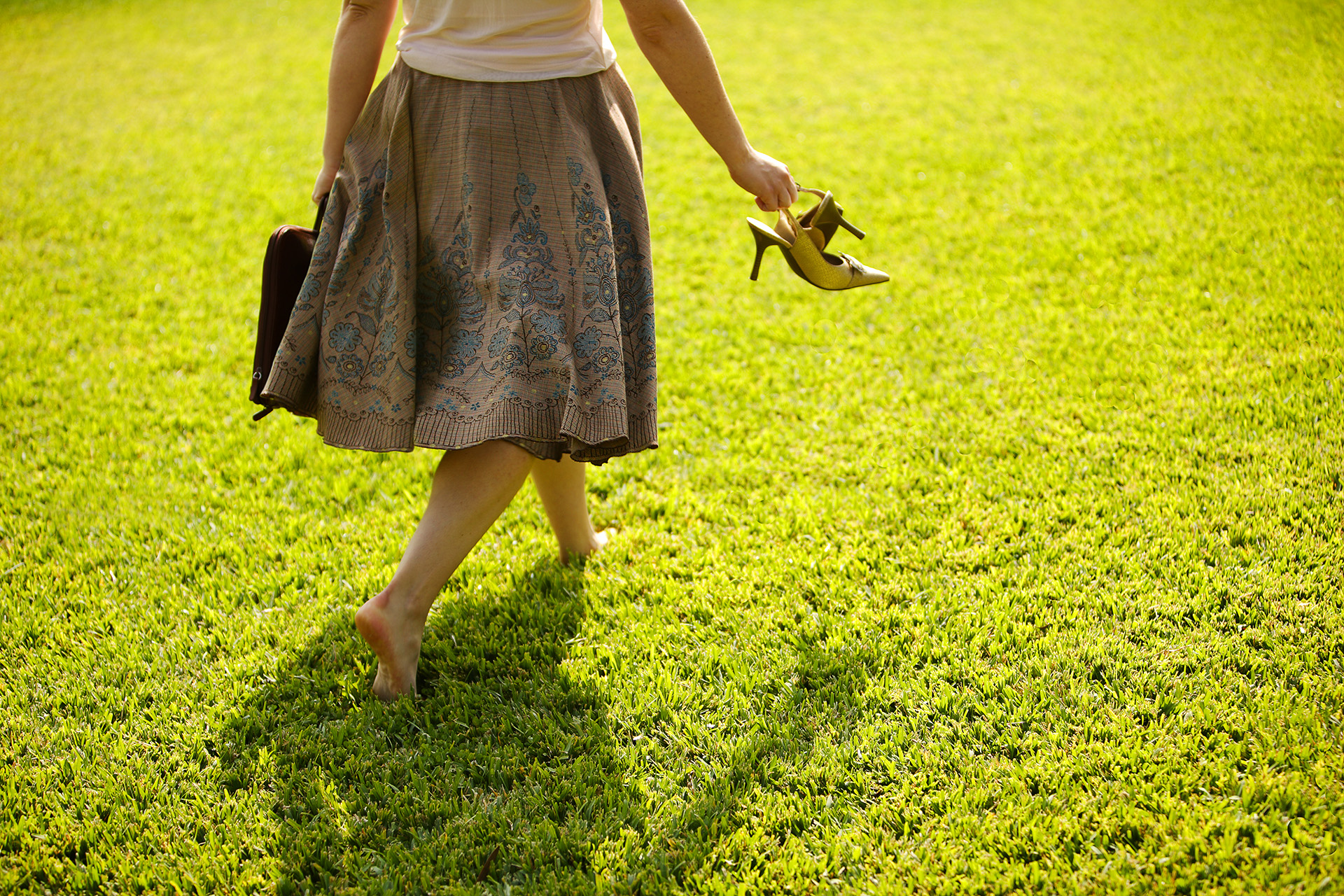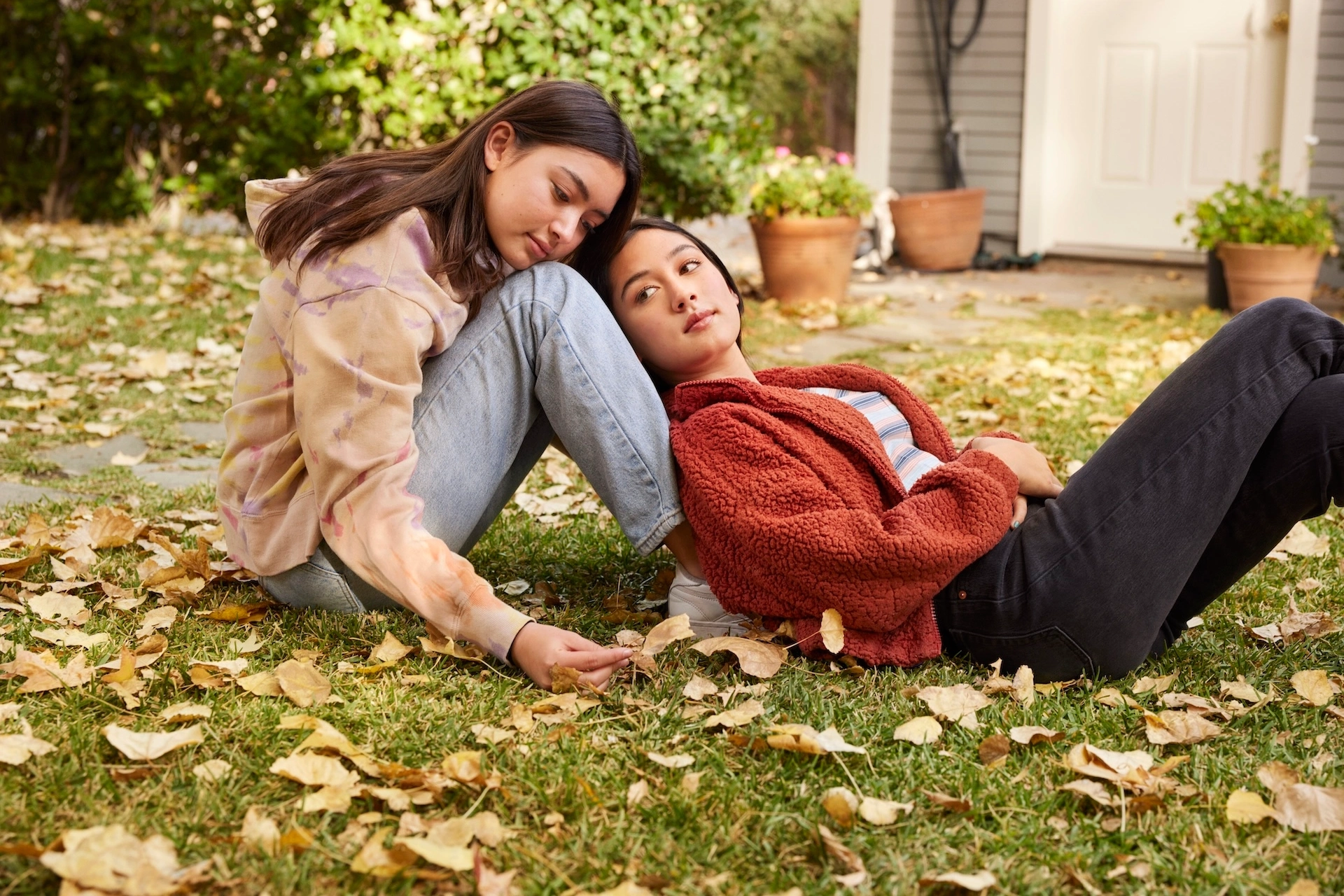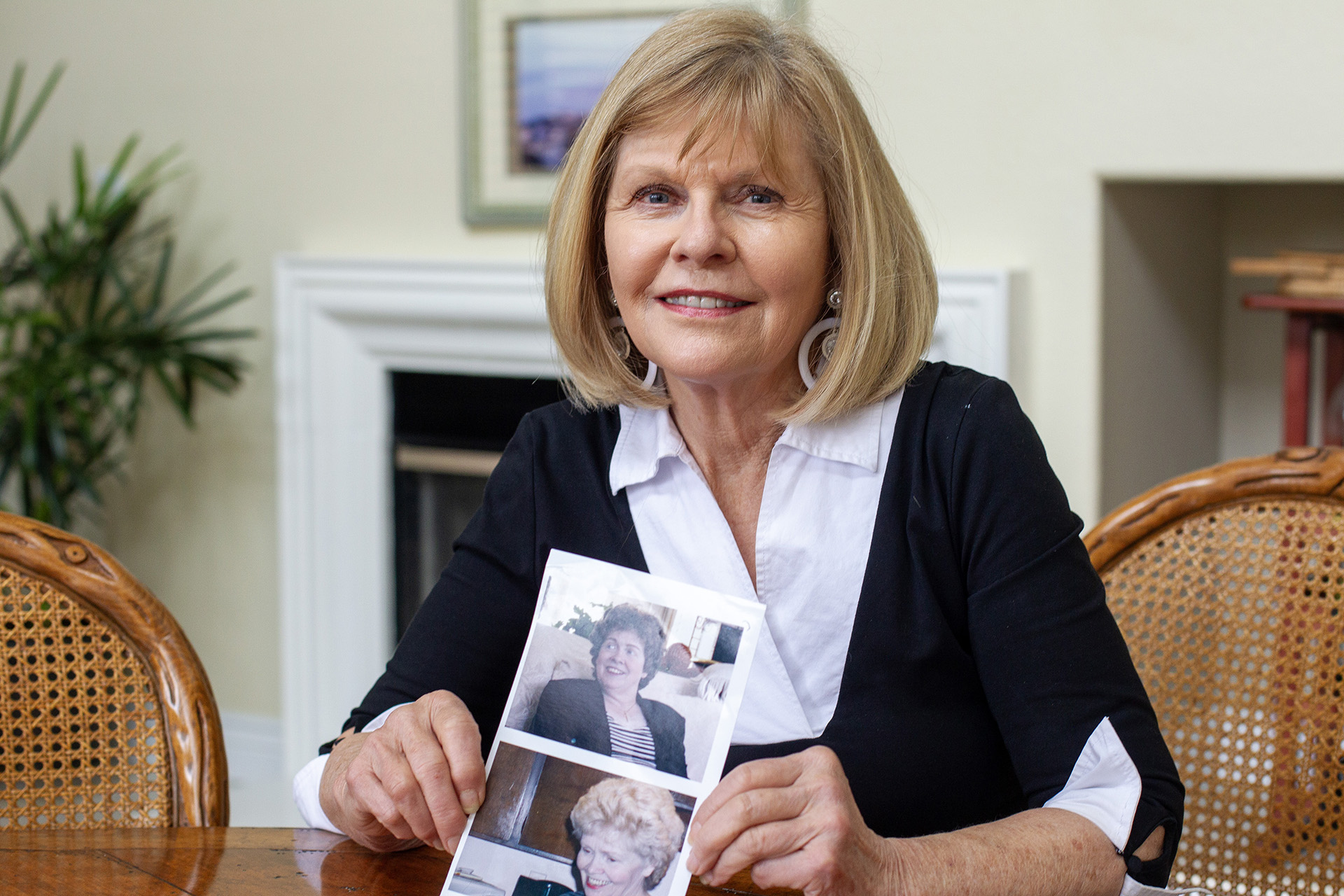The sneezing, sniffling, itching, and nose blowing of allergy season got off to an early start this year in Northern California and likely will last into June.
Andrew Hope, MD, chief of the Allergy Department at the Kaiser Permanente Santa Clara Medical Center, answered our questions on prevention and treatment.
When is allergy season, generally, and how is it shaping up this year?
Each year is different. This year we were busy suffering from allergies early, in January and February. Trees pollinated earlier than they normally do because it was so dry, and the pollen is what we are allergic to. In Northern California, the season usually lasts 3 to 4 months with March, April, and May giving us the worst of it, and winding down in June.

What are the symptoms of seasonal allergies and how can you treat them?
The symptoms can include a runny nose, itchy eyes, sneezing, nasal congestion, and itching in the ears, nose, and throat. The best medicine to start with is an antihistamine like Zyrtec or Claritin or a generic equivalent, but if there is a lot of nasal congestion, then a nasal steroid spray like Flonase works very well for most people. If you get allergies year after year, it’s a good idea to start with the Flonase a couple of weeks before you think you might start feeling symptoms, because it does take 5 to 10 days to take effect, but it really is one of the best medicines for allergies.
How would you know the difference between allergies and COVID-19?
If you have all the allergy symptoms we just mentioned, but you don’t have fever, body aches, chills, or headaches, you probably don’t have COVID-19. Testing for COVID-19 is the best way to rule it out.
If we get allergies every year, how can we prevent them?
Wearing a mask outdoors can help you avoid allergies, and that is a little easier now because people are also wearing them to prevent COVID-19. If you’ve been outdoors, it’s a good idea to take a shower afterward to wash pollen off your body. Inside your home, getting a good air cleaner with a HEPA (high efficiency particulate air) filter can help for those pollens that float into your home through open doors and windows.
What are some of the most common pollen-producing plants in Northern California that cause allergies?
That is very dependent on location. In the south Bay Area where I work, we found that olive trees are the largest source of airborne plant allergies. In Northern California people are also allergic to oak trees, birch trees, cedar trees (very common in San Francisco), and grasses.
Is the allergy season getting longer because of climate change?
Yes. Warming temperatures, which are a product of climate change, affect plants’ pollination cycles and more pollen is produced. And that causes more allergies.
When would a person consider allergy shots and what does that involve?
These are for people who have pretty severe allergy symptoms year after year, they have tried staying away from allergens, and they have tried 3, 4, or 5 medicines that don’t seem to work. Allergy shots are given under the skin, and the immune system then promotes a tolerance response gradually over time. Symptoms improve after 9 to 12 months, but you need to get the shots regularly for 3 to 5 years for it to work.




